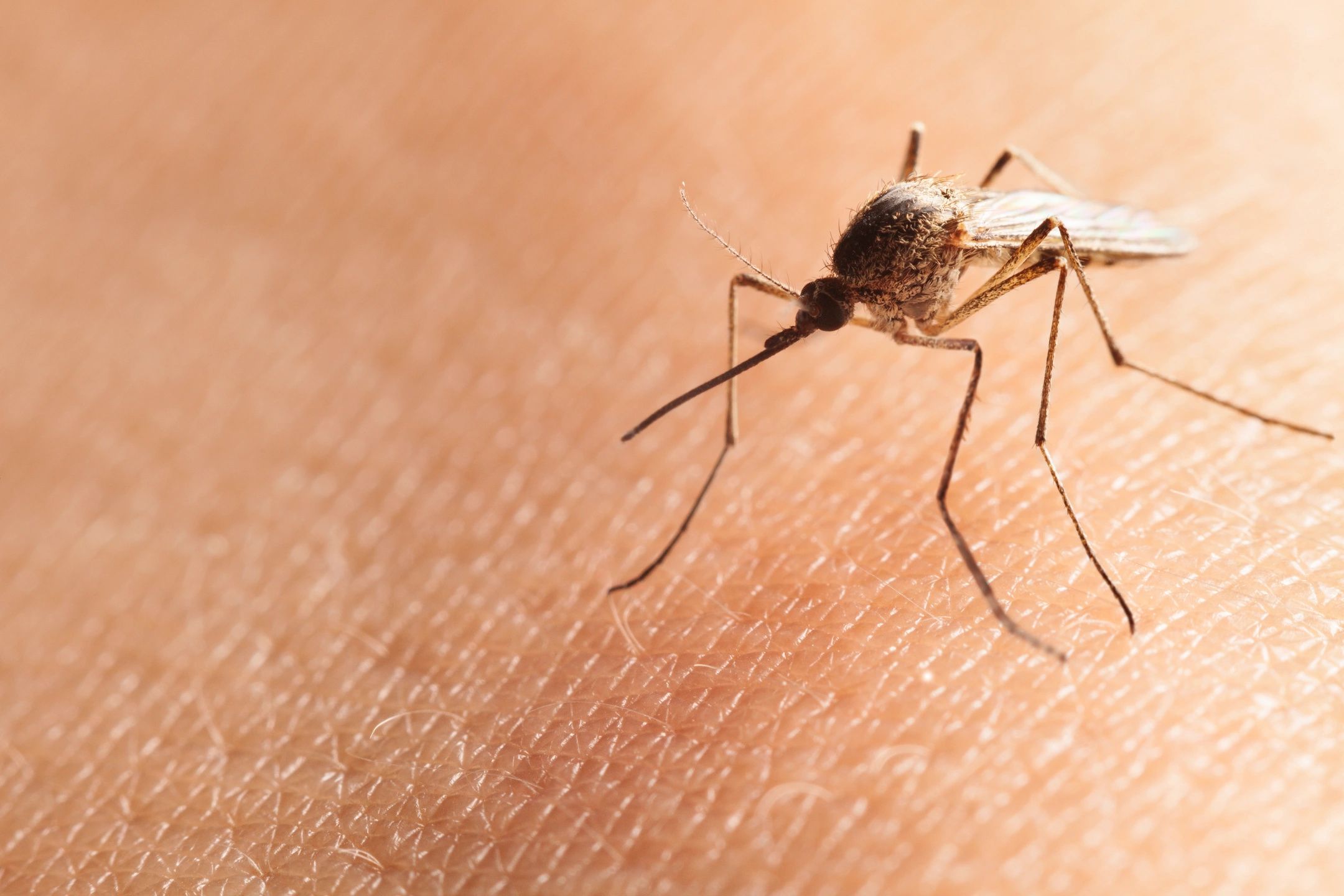Marijuana Prevention

We work to protect the health of youth. We work with community partners to prevent youth marijuana use. Marijuana use is illegal for people under the age of 21. Why is this work important? Marijuana use puts teens at higher risk for addiction. Youth who use marijuana are more likely to fail in school. Most … Marijuana Prevention









